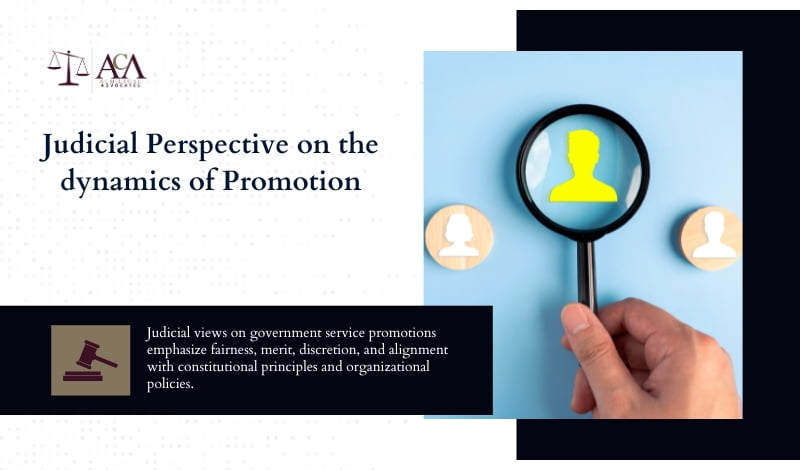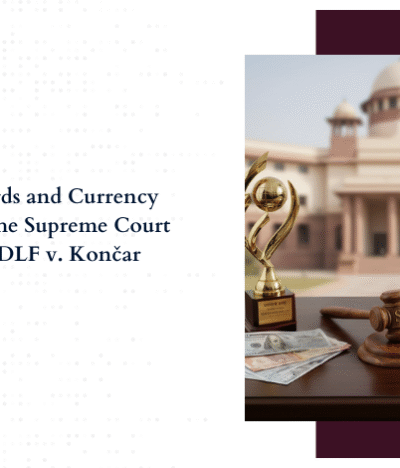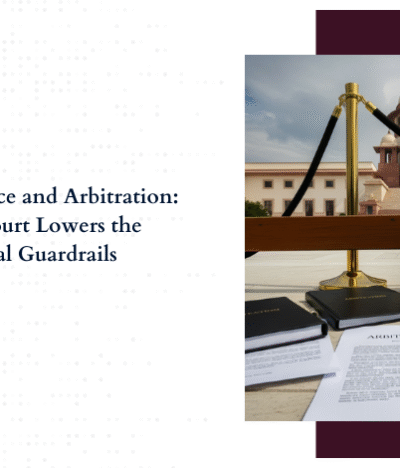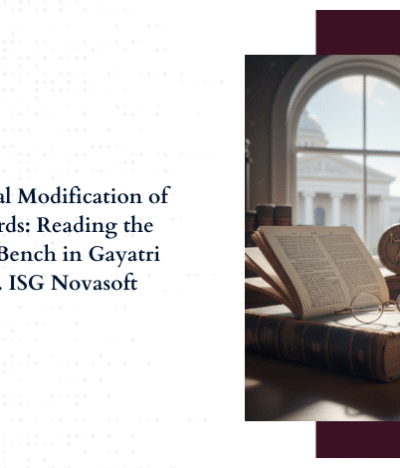Promotion in government service is crucial for career progression, marked by advancement to higher posts with increased duties, responsibilities, status, and salary. It involves more than salary increments or lateral transfers, requiring significant changes in rank and responsibilities. Promotion motivates employees, rewards hard work, and retains talent, ensuring an efficient and competent service. It not just ensures progress and moral boost but also a rewarding career. Without promotion, attracting and retaining top talent becomes challenging, compromising service quality.
When considering promotions, various criteria and aspects are evaluated before awarding them. Promotions can be based on seniority, merit, or other conditions stipulated by the organization. Additionally, a specific procedure is followed to implement promotions effectively. It is important to understand that promotions take effect from the date of grant, not when the vacancy arises. Furthermore, promotions are not an automatic right but depend on the promotional policies of the respective organization. This structured approach ensures fairness and consistency in recognizing and rewarding employee contributions, aligning individual progress with organizational goals.
In this regard, it is significant to note that promotion is not an inherent right but is subject to discretion. Judicial intervention will only be warranted if there is a breach of fundamental rights, such as the right to equality under Article 16 of the Constitution. The Constitution intentionally does not address promotion criteria, allowing room for meritocracy. With regard to promotion in governments services, the Courts have emphasized that the discretion to establish promotion policies lies with the legislature and executive, not as a guaranteed right for government servants. This position is further clarified through various judgments of high courts and the Supreme Court, which provide a deeper understanding of the discretionary nature of promotions.
In Ravikumar Dhansukhlal Maheta & Anr. v. High Court of Gujarat & Ors., the Supreme Court observed that government employees in India do not have an inherent right to promotion under the Constitution. Since the Constitution does not outline any such promotion criteria, the responsibility for setting these rules vests on the government or legislature and can vary based on the position or concerned job. Judicial intervention is only appropriate if a promotion policy breaches the equality principle enshrined in Article 16 of the Constitution.
The Madras High Court in B. Muthuramalingam v. Government of India held that employees cannot claim promotion as an absolute right. While employees are entitled to consideration for promotion, they do not have the right to insist on administrative actions or review meetings, even if they are eligible. The Court emphasized that simply preparing a promotion panel does not grant any legal entitlement to a petitioner to compel the government to hold a review meeting or create a panel. In the case at hand, the petitioner failed to demonstrate a legal right to demand such actions, and merely directing authorities to review the representation in the absence of a proven legal claim will not be justified.
Further, Promotions will be granted from the date of grant and not when the vacancy arises. This aspect was clarified by the Apex Court in its recent decision in Bihar State Electricity Board and Others v. Dharamdeo Das. The Court held the spirit behind elevating the right for being considered for promotion to a fundamental right is enshrined in the principle of “equality of opportunity” in relation to matters of employment and appointment to a position under the State. Once employed, the employees are entitled for being considered for promotion to the next higher post subject to their satisfying the eligibility criteria, as per the applicable rules. Failure to consider an employee for promotion even after satisfying the eligibility criteria would violate her fundamental right. However, a clear distinction has been drawn between the stage of considering an employee for being promoted to taking the next step of recognizing the said right as a vested right for promotion. That is where the line has to be drawn. Stated differently, a right to be considered for promotion being a facet of the right to equal opportunity in employment and appointment, would have to be treated as a fundamental right guaranteed under Articles 14 and 16(1) of the Constitution of India but such a right cannot translate into a vested right of the employee for being necessarily promoted to the promotional post, unless the rules expressly provide for such a situation.”
Similar observations were noted in Union of India v. Manpreet Singh Poonam, wherein the top court held that mere existence of a vacancy does not entitle an employee to retrospective promotion if the rules specify that such promotions must go through a selection process. Additionally, promotions and related benefits or seniority are determined by the specific rules governing that promotion. There is no automatic parity between different sets of rules for promotions; rights and benefits arise according to the rules applicable to each promotional level. The Court referred to the decision in Union of India v. KK Vadhera and Ors, which held that there is no law or rule under which the promotion effectuates from the date of creation of the promotional post. Promotion to a post would be from the date the promotion was granted and not from the date the post originally fell vacant.
Thus, promotions in government service are essential for career development, offering significant advancements in duties and remuneration. However, promotions are subject to various criteria and procedures such as they are granted from the date of approval, not when a vacancy arises. More so, promotions are not an inherent right but depend on organizational policies and discretion. Judicial rulings have reinforced that while employees are entitled to be considered for promotion, there is no automatic right to promotion or retrospective effect. This nuanced approach ensures fairness and aligns promotions with constitutional principles and organizational regulations.






